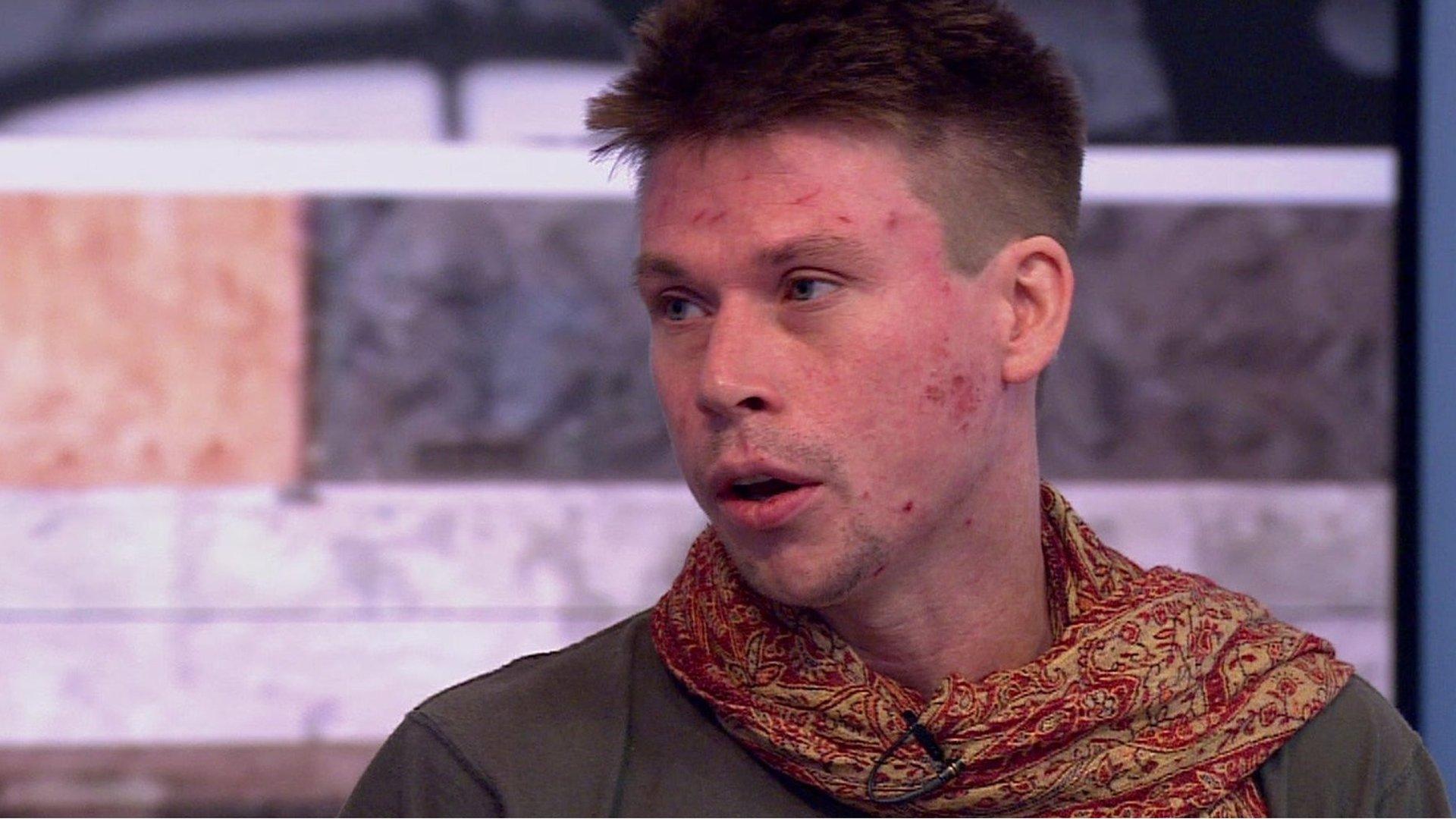Hacking suspect Lauri Love waits for extradition decision
- Published
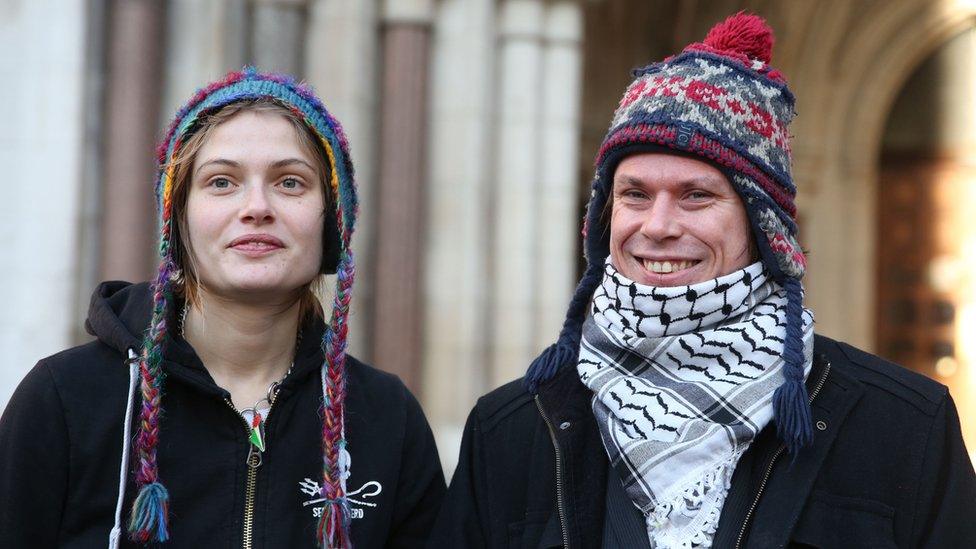
Lauri Love (right) attended the end of the High Court hearing with his girlfriend Sylvia Mann
High Court judges have said they will "take time" to decide whether an alleged computer hacker should be extradited from Britain to stand trial in the US.
Lauri Love, 32, from Stradishall, Suffolk, is suspected of hacking into FBI, US Central Bank and Nasa systems.
His lawyers are appealing against an earlier UK court decision that he should be extradited.
The High Court judgement has been reserved until a date yet to be fixed.
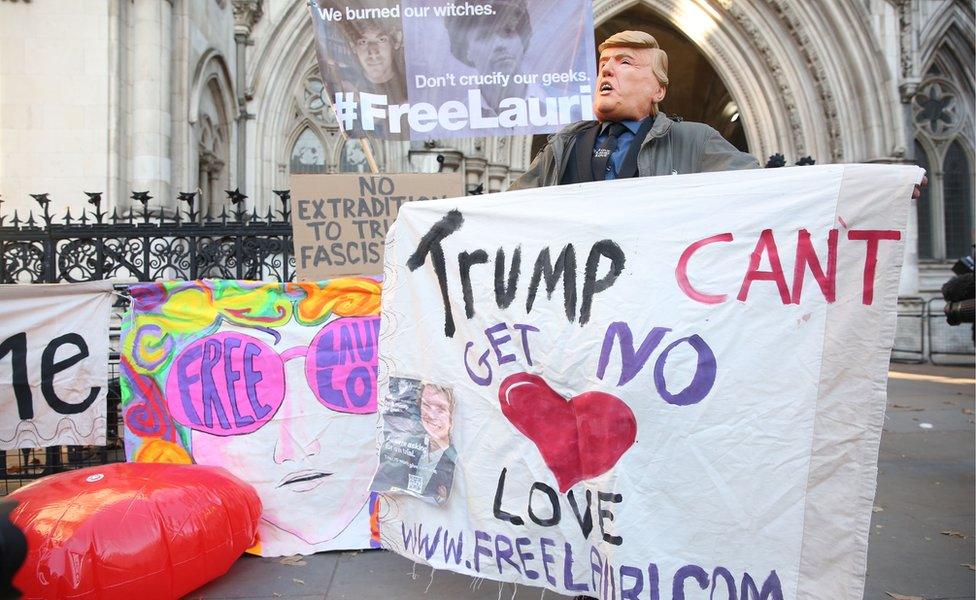
Supporters of Lauri Love were outside the High Court in London
Mr Love is alleged to have stolen huge amounts of data from US government agencies in a series of online attacks in 2012 and 2013.
'Disproportionate response'
On day one of the appeal hearing on Wednesday, Mr Love's counsel, Edward Fitzgerald QC, said any trial should take place in the UK due to "overwhelming reasons of justice and humanity".
He argued there would be a "high risk" of suicide if Mr Love, who has Asperger syndrome and suffers from a depressive illness, ended up in the US prison system.
Mr Fitzgerald said: "The very fact that he would be taken away from his family, his home and the support that he desperately needs here is a disproportionate response to his alleged offending behaviour."
He could be jailed for up to 99 years if found guilty in the US.
Last year, District Judge Nina Tempia ruled at Westminster Magistrates' Court that Mr Love could be extradited.
Mr Love's counsel has argued she "misdirected herself and erred in law in her conclusions".
The US government said the court should dismiss the appeal and its representative, Peter Caldwell, made a written submission to say Judge Tempia's conclusion was "reasonably open to her on the findings of fact she made" and that any custody in the US would be "appropriately managed".
The hearing concluded with Lord Chief Justice Burnett and Mr Justice Ouseley reserving their judgement.
- Published29 November 2017
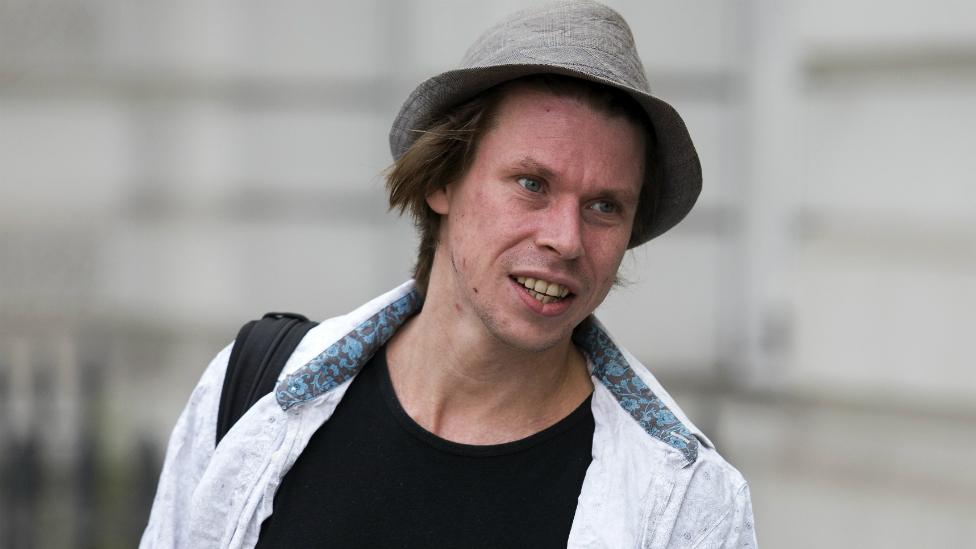
- Published25 April 2017
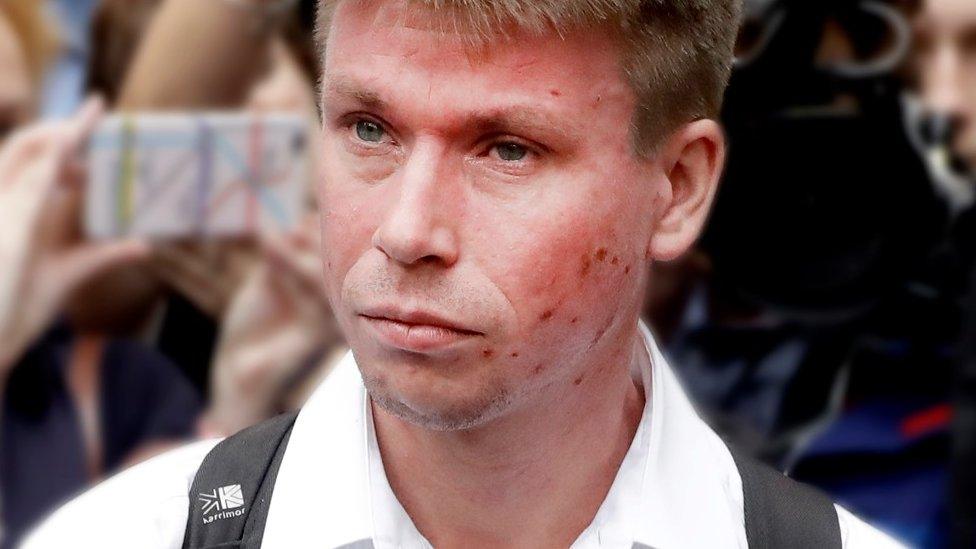
- Published31 March 2017
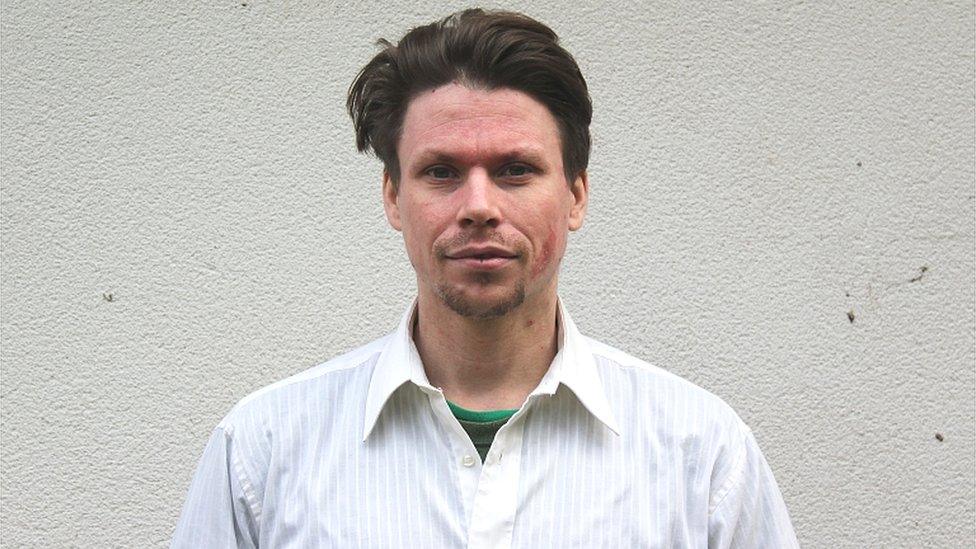
- Published16 September 2016
